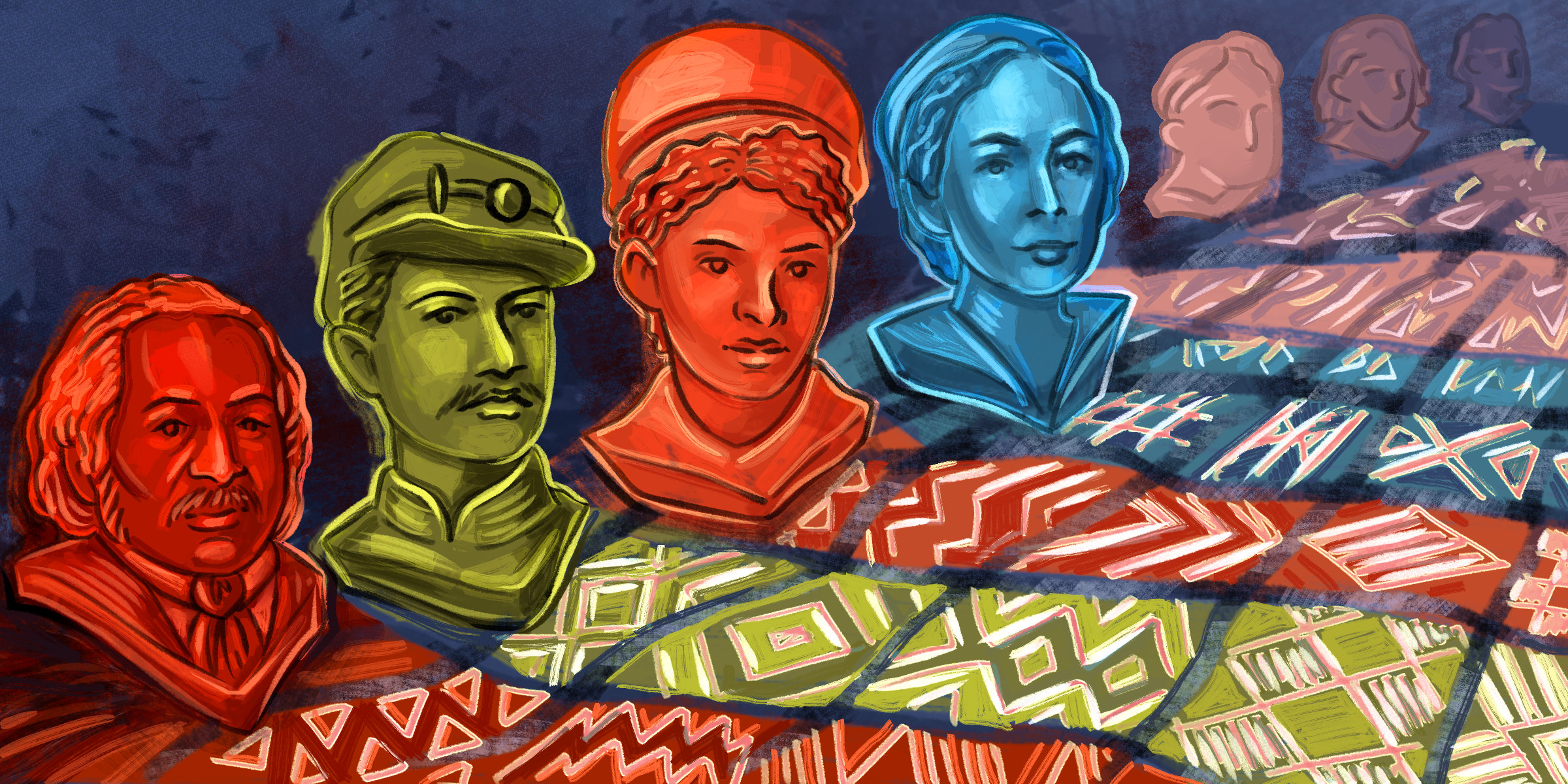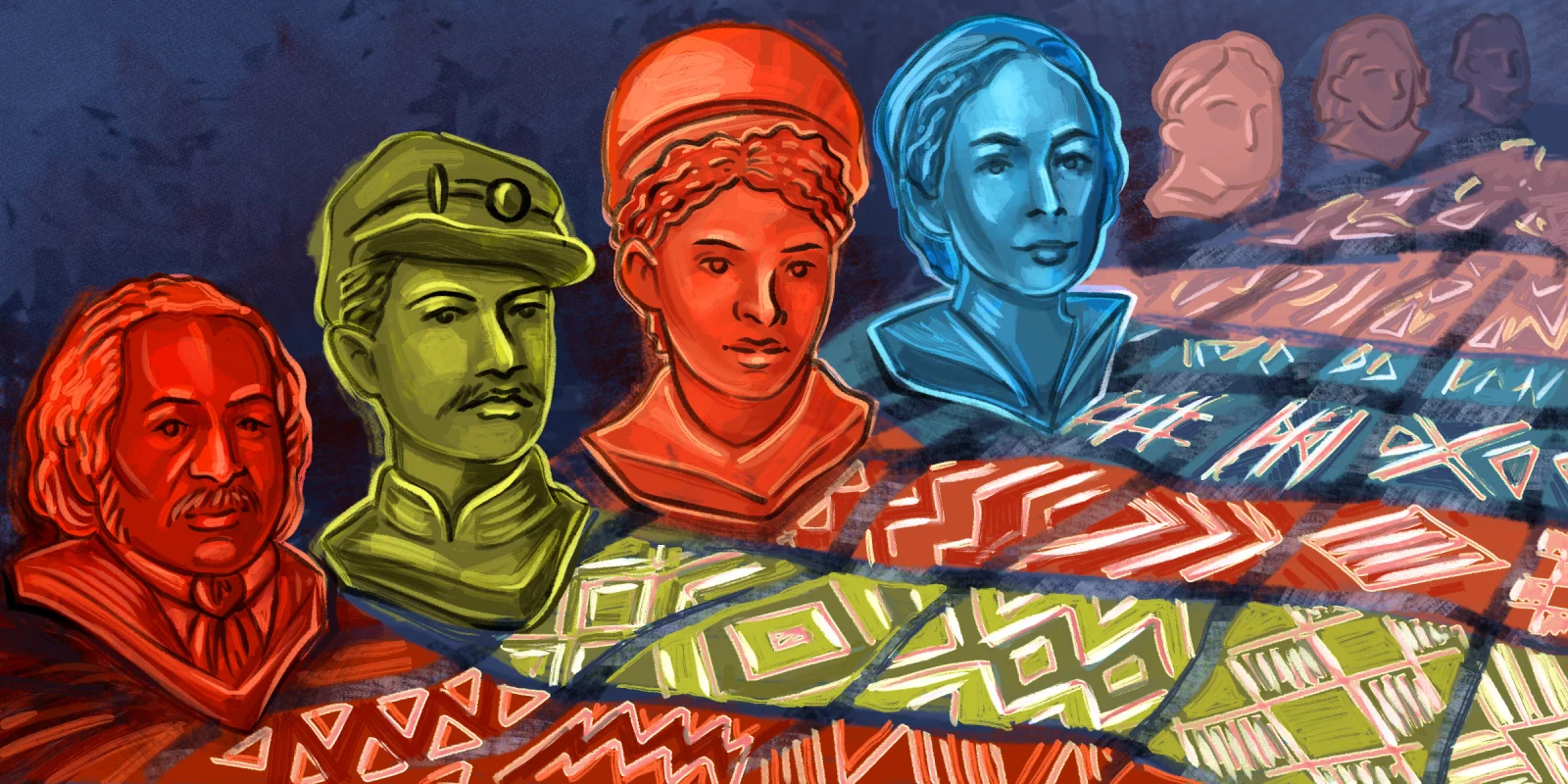
Thirteen percent of the U.S. population is black and yet only 6% of physicians are black. With black Americans suffering from poorer health outcomes compared to white Americans despite socioeconomic status, and compounded by issues of mistrust in black patients, it matters who is in the exam room and that black clinicians feel supported and heard. What are you doing to lift up your black medical colleagues this Black History Month and every month? Here are some powerful stories on race that Doximity members have shared.
In an urgent and heartfelt letter to black trainees, Dr. Kwadwo Owusu-Akyaw, MD, repeatedly emphasizes — “we need you.” He gives firm advice on how to handle the array of injustices that black clinicians face. “When they attempt to gaslight you, disenfranchise you, or just straight up ignore you, remember that you stand on the backs of giants.” This is much-needed advice for the 7.7% of medical students who identify as African American, only a 2.1% increase since 1980 (Association of American Medical Colleges).
Dr. Tamorah Lewis, MD, PhD discusses “the shattering of a black doctor’s hope” in her eye-opening piece, “The Burden of Having Ears That Can Hear.” She cites many ways clinical research and treatment are noninclusive of black patients and their families, such as in pediatric diabetes trials and developmental referrals for autism. She insists, “Without bringing more of the ears that can hear into the rooms where medical training and patient care occurs, outcomes will not improve.”
Psychiatrist Dr. Danielle Johnson, MD, is one of those black clinicians with “ears that can hear.” She recounts the struggles of black trainees and physicians in early American history in “I Have Exceeded My Ancestors’ Wildest Dreams.” Her presence is so crucial for present and future black Americans. “Many people are already hesitant to see a psychiatrist, even more so in the black community; so, if they decide to see one, sometimes they seek out a black psychiatrist.” Research has shown that when met by black doctors, black men elected for more preventive services than when met by non-black doctors.
“Standing Up to Racism in the Exam Room,” is an all-too familiar story for black clinicians but can be a feat for white clinicians as well, like Dr. Phoebe Prioleau, MD. She shares her complex experience with a young patient and her racist father, and the privilege of not reacting. “My experience with a racist patient is fundamentally different than that of a minority provider. I have never walked into an exam room and been asked to leave because the patient prefers to be treated, or to have their child be treated, by someone of a different race.” As a white physician ally, she states “I did not sign up to be a passive bystander to racism and bigotry.” How do you navigate clinical encounters with racism?
Doximity members, both black and non-black, are sharing impactful stories with racism in medicine. How are you incorporating racial justice into your work with patients and colleagues? Share your experiences on Op-Med.
Illustration by April Brust






